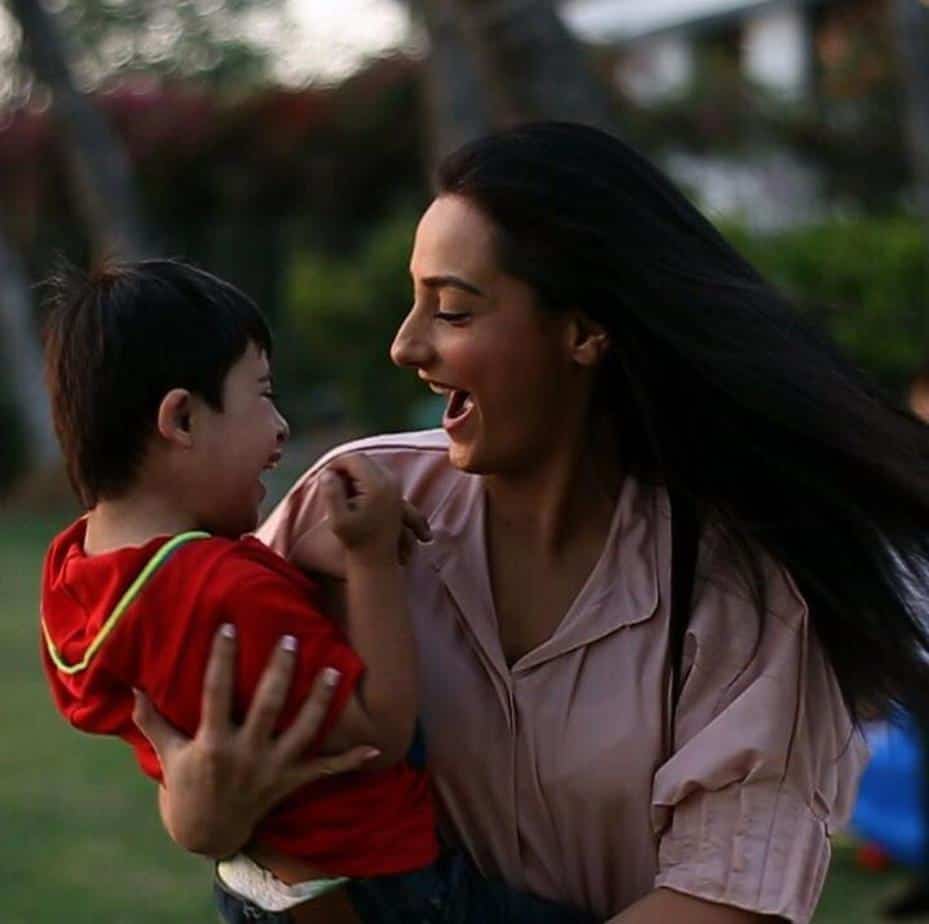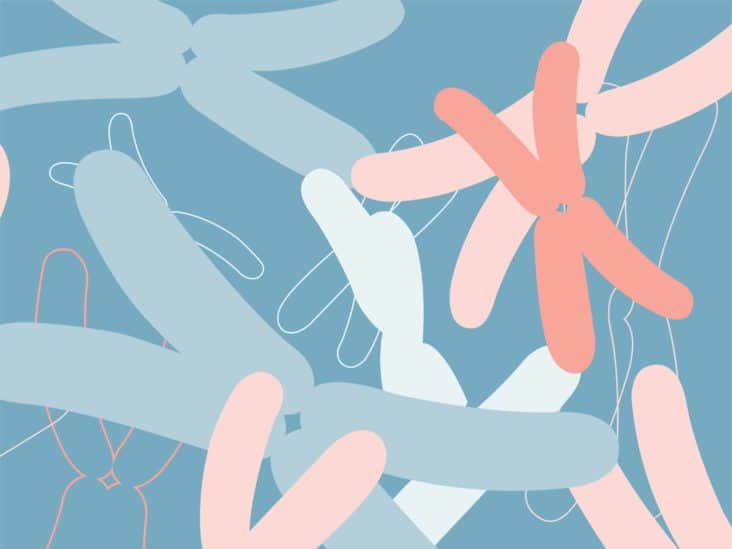Mashion Staffers recently had the priviledge of being part of a training session hosted by Karachi Down Syndrome Program. While society is by large aware of Down Syndrome, we aren’t fully educated on the intricacies of it, or the right terminologies associated with it. That’s why this session provided by KDSP was so eye-opening for our team, so much so that we had to share our experience with our followers! Scroll down to read some of the things we learnt, as well as how 4 of our Mashion Staffers felt after they underwent the session with KDSP:

What Is KDSP?
One of the many things we learnt during this sesson was about the program itself. Karachi Down Syndrome Program was founded in 2014 when there was no other support system for children with Down Syndrome, or their families. They aim to educate society, as well as assist families and individuals with Down Syndrome. This assistance manifests itself in various ways: family support, healthcare, early childhood intervention, awareness, enrichment and skills development and finally, education and training. The ideology they follow is that of a kashti – a safe space that is inclusive, compassionate and empathethic.
Inclusive Language
One of our biggest takeaways from the training was the language we can and can’t use. If you didn’t already know, words like retarded, handicapped/Zehni Mazoor, mad and pagal are not okay to use. Down Syndrome is also not a disease or an illness, so those with it should not be referred to as ‘patients’ or as someone suffering. Cyra Khawar from KDSP informed us that the best way to refer to yourself in comparision to someone with Down Syndrome is that you are a ‘typically developing individual’ in relation to them. The differentiation between normal and abnormal should be avoided – it is neither correct nor sensitive.

Our Team’s Experience
“KDSP Down Syndrome awareness session was extremely informative and packed with lots of thought provoking discussions. One of the many things I learnt from the session was that contrary to popular belief, people with Down Syndrome can be independent and live like us, typically developing individuals. Cyra, the session conductor, gave us an example of a 24 year old teacher at KDSP who herself also has Down Syndrome, yet is an excellent teacher, and apparently there are many people like her. We as a society need to change our perspectives and strive for a more inclusive space where people with Down Syndrome can also thrive and make their mark on the world.” – Zoha Naqvi, Social Media Manager
“I’m so glad that we got to be a part of the Down Syndrom awareness training. While I knew what Down Syndrome was, there was so many new things I learnt. I had always heard that a woman’s age plays a factor in her child having Down Syndrome but that’s not at all true! I really liked how KDSP put us in the shoes of individuals with Down Syndrom with their interactive activities. My biggest takeaway, though, was just using more inclusive language that focuses on the individuals, rather than the disorder.” – Anam Sadick, Marketing Head
“This session was truly a humbling experience. One of the interactive activities we were asked to do is attach a pencil to a scale using a rubber band, and hold it in a certain manner. We were then asked to write our name and this proved to be impossible. This is the grip however that an individual with Down Syndrome typically has due to a condition called hypotonia that develops, making their muscles malleable. As Cyra emphasized, this doesn’t in any way mean that they don’t have the potential to achieve the same results as us; they just require a little more time and a little more patience.” – Maryam Ansari, Content Director
“The KDSP session really increased my knowledge on the condition of Down syndrome. It made me realise how misinformed we are because I treated the condition as a disability before this session, and assumed that the best way to talk to someone with Down Syndrome is more like a child and not an adult, so that’s my main takeaway – that they learn and benefit more from being treated as any other human being. Learning about the genetic disorder, the physical differences, and developmental differences really opened my eyes today.” – Nushafreen Khan, Intern







What do you think?
You must be logged in to post a comment.